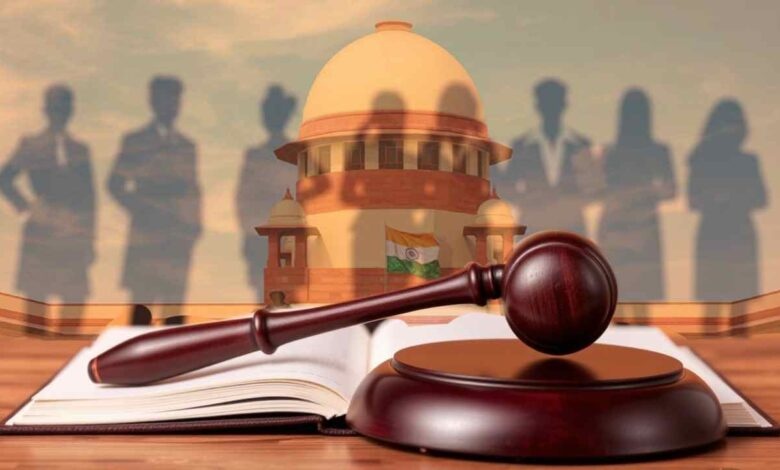
Legal Conflict Over DA Payments Intensifies in West Bengal
The long-standing dispute over dearness allowance (DA) payments for West Bengal government employees has reached a critical juncture. Following the state government’s failure to meet a Supreme Court deadline for disbursing 25% of outstanding DA arrears, employee unions have escalated the matter by filing contempt of court charges. This development has sparked a heated legal battle, with the state citing financial constraints while employees demand accountability. The case underscores the growing tension between administrative challenges and the rights of public sector workers. The Supreme Court’s interim order, issued on May 16, mandated the payment of ₹10,425 crore in arrears by June 27, but the state’s inability to comply has led to this legal confrontation. Employees argue that the government’s financial excuses are inconsistent with its ability to manage other obligations, such as the recovery of salaries from dismissed employees. This conflict highlights the broader implications of delayed payments on both the state’s economy and the livelihoods of thousands of workers.
Supreme Court’s Deadline and the State’s Financial Dilemma
The Supreme Court’s directive to West Bengal to settle 25% of DA arrears within six weeks has become a focal point of the legal dispute. The order, issued in an interim hearing, requires the state to allocate funds for the payment by June 27. However, the government contends that its current fiscal situation makes this impossible. Officials claim that without a six-month extension, they cannot meet the financial obligations, citing the need for a loan and approval from the central government. This argument has drawn sharp criticism from employee unions, who question the state’s ability to manage its finances effectively. The disparity in DA rates between state and central government employees—18% versus 55%—has long been a source of discontent, and the current crisis has amplified these grievances. The state’s refusal to comply with the court’s order has raised concerns about its commitment to judicial processes and the rights of its workforce.
Arrears Dispute and Legal Implications for State Budget
The DA arrears dispute has exposed significant gaps in the state’s financial planning and governance. The ₹10,425 crore owed to employees represents a massive liability that the government claims it cannot address immediately. However, critics argue that the state’s financial challenges are not insurmountable and that the delay in payments reflects poor administrative management. The government’s proposal to deposit the funds directly into the court’s treasury has been met with skepticism, as there is no budgetary provision for this. Employees have also pointed out contradictions in the state’s stance, such as its failure to enforce salary recovery from dismissed employees. This inconsistency has fueled demands for transparency and accountability. The legal battle now hinges on whether the Supreme Court will accept the state’s plea for a delay or impose penalties for contempt of court, which could have far-reaching consequences for both the state’s economy and the rights of its employees.
Employee Unions’ Demands and the Court’s Next Move
Employee organizations, including the Confederation of State Government Employees, have been vocal in their demands for immediate action. They argue that the state’s financial excuses are a cover for negligence and that the court’s order must be upheld. The unions have called for the government to prioritize employee welfare over administrative delays, emphasizing the human cost of the dispute. As the next hearing is scheduled for August, the outcome will determine the fate of the DA payments and the legal standing of the state’s arguments. The Supreme Court’s decision could set a precedent for similar disputes across India, influencing how states manage public sector obligations. For millions of employees, the resolution of this case will determine whether they receive their due compensation or face prolonged financial hardship. The court’s ruling will also shape the state’s approach to fiscal responsibility and its relationship with the judiciary.
Broader Implications for Public Sector Governance
The West Bengal DA case has sparked a national conversation about the governance of public sector finances and the rights of government employees. The dispute highlights systemic issues in how states manage their budgets and fulfill statutory obligations. If the Supreme Court rules in favor of the employees, it could force states to address long-standing financial shortfalls and improve transparency. Conversely, a ruling in favor of the state might embolden similar excuses for delayed payments. The case also raises questions about the balance between fiscal prudence and worker welfare, a challenge faced by many states. As the legal proceedings unfold, the focus remains on ensuring that the rights of public servants are upheld while maintaining the integrity of financial systems. The resolution of this case will likely have lasting implications for how states approach employee compensation and fiscal responsibility in the future.




